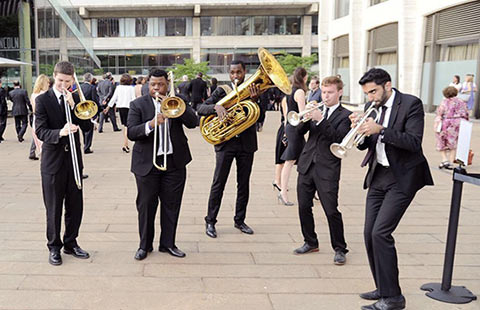Sporting life means result is always a healthy outcome
By Lei Lei (China Daily) Updated: 2012-03-14 07:49Kids aren't all right
Despite China's success at the Beijing Games, it cannot cover up the fact that its people have a relatively poor physical condition, especially younger generations.
A recent survey of college students in more than 10 cities by the Chinese Health Education Center found that more than 50 percent of respondents do not exercise enough.
Researchers discovered roughly 23 percent were lighter than the weight recommended by the Ministry of Education and sports administration, while 13 percent were heavier.
A separate study released last year by the Ministry of Education also showed only 21 percent of primary and junior middle schools ensure their students exercise for at least an hour every day.
About 56 percent of primary schools and 76 percent of junior middle schools do not arrange enough physical education classes, the report added.
The issue has drawn much public attention, making the question of how to promote sport among young people one of the hot topics at this year's annual NPC and CPPCC sessions.
Yang Yang, the retired speed skater who won China's first Winter Olympics gold medal and is now an NPC deputy, proposed at the meetings to make officials accountable for the amount of exercise children receive at primary and middle school.
To ensure youngsters get at least an hour of sport each day, she said principals and education departments should be punished if schools do not meet the requirement.
Liao Xiaoqi, former deputy minister of commerce and a CPPCC member, also urged authorities in his proposal to increase investment in school sports facilities.
"Sport is a part of education," said Beijing Sports University President Yang Hua, who sits on the CPPCC. "Physical education should start in primary school, and each school should make one or two events their priorities.
"That way, we can find more sporting talent from a very early age," he said.
- IT companies forge new alliance in Guangzhou
- The 4th Industrial Revolution - Global Internet of Things Innovation Union Advocacy
- Cutting industrial capacity an urgent task: NDRC
- Central bank injects liquidity into market
- China needs foreign businesses in economic transition: premier
- China stresses app obligations in information security
- China shopper report reveals record-low growth
- Airbnb shares optimism on China


















